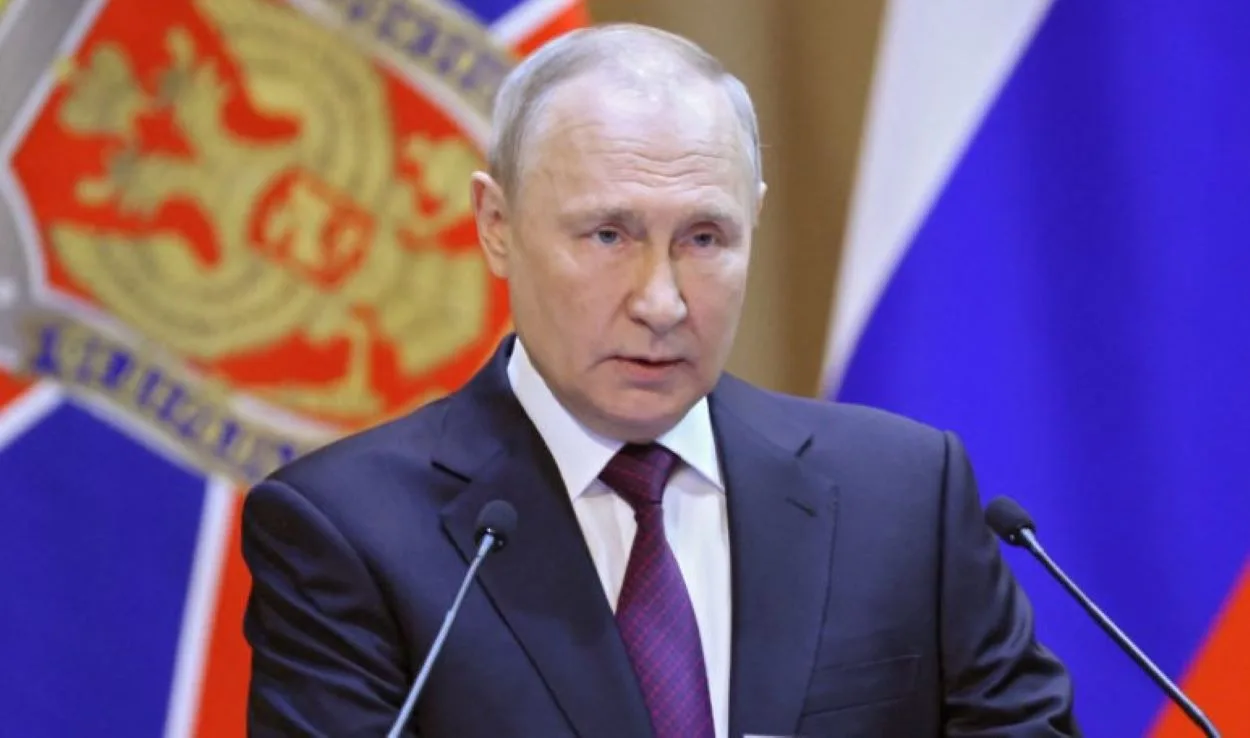Russian President Vladimir Putin expressed profound sorrow over the untimely demise of Wagner Group’s head, Yevgeny Prighozin.
Yevgeny Prighozin died in a plane crash in Tver, north of Moscow. This unfortunate incident resulted in the death of ten individuals, including Prighozin. While addressing the nation, Putin labelled this episode a ‘tragedy’ and conveyed his sympathies to the bereaved families.
The Controversial Past and Speculations
The nature of Prighozin’s relationship with Putin had been convoluted, especially given the recent mutiny Prighozin led against Moscow’s top leadership, a rebellion that was quickly subdued. Despite their past confrontations, Putin commended the Wagner Group for their significant contributions during Moscow’s operations in Ukraine. He nostalgically mentioned their shared objectives and the inherent bond between them. However, it’s pertinent to note that Putin had previously termed Prighozin a “traitor” during the insurgency in late June.
International Reactions and Conjectures
The mysterious circumstances surrounding the plane crash garnered attention from global leaders. U.S. President Joe Biden expressed scepticism over the event’s authenticity, implying potential foul play from within Russia. Similarly, European nations such as France and Germany raised suspicions about the tragic occurrence, hinting at a deeper conspiracy. Moreover, Ukraine’s President, Volodymyr Zelensky, stated emphatically that Ukraine wasn’t involved, subtly pointing fingers at Putin.
In the wake of the incident, Wagner Group, which had seen internal strife and even recruitment post-Prigozhin’s rebellion, now stands at a crossroads regarding its future, especially its activities in Africa. The organisation’s fate remains uncertain, especially after an agreement with Belarus that terminated Wagner’s short-lived insurrection. This pact allowed Prighozin asylum in Belarus, drawing a veil of ambiguity over the group’s subsequent trajectory.






